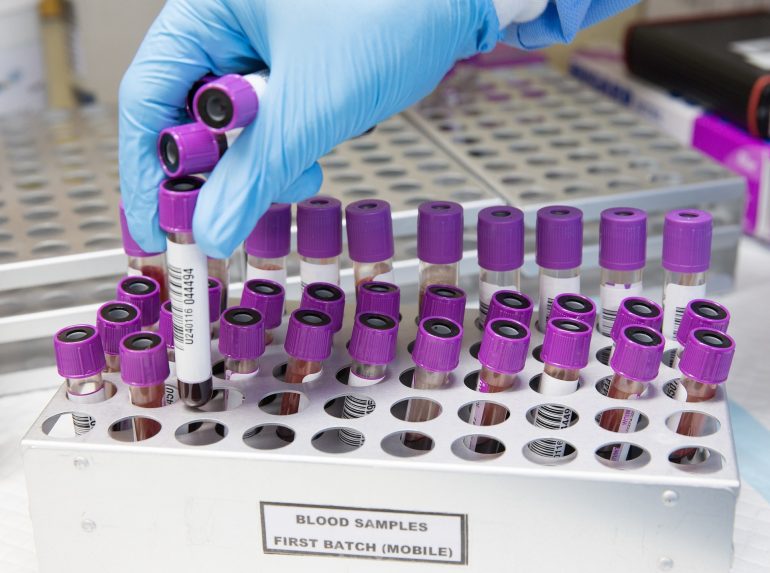- Machine learning interventions significantly enhance clinical care and patient outcomes.
- AI-generated alerts improve the identification of adverse health changes in patients.
- Hospitalized patients with AI alerts are 43% more likely to receive escalated care.
- Real-time AI alerts are crucial for rapid medical intervention.
- The study shows that AI models outperform traditional methods in predicting patient decline.
- Intensive care teams now use AI predictions to prioritize daily patient visits.
- AI-based clinical decision tools are being expanded within the healthcare system.
- Continuous retraining of AI algorithms enhances prediction accuracy over time.
Main AI News:
Deploying and evaluating a machine learning intervention to enhance clinical care and patient outcomes is pivotal in advancing clinical deterioration models, a recent study reveals. The study demonstrated that patient outcomes improved when care teams received AI-generated alerts indicating adverse health changes.
Hospitalized patients had a 43% higher likelihood of escalated care if the ward utilized AI alerts. “We aimed to determine if AI and machine learning, trained on diverse patient data, could reduce both the frequency of intensive care needs and in-hospital mortality,” stated Matthew Levin, the study leader. “Our findings show that automated machine learning algorithm scores triggering provider evaluations can outperform previous methods in accurately predicting patient decline.”
AI Alerts Facilitate Rapid Medical Response
The prospective study involved 2,740 adult patients admitted to four medical-surgical units at Mount Sinai Hospital in New York. The patients were divided into two groups: one that received real-time alerts based on predicted deterioration, sent directly to their nurses and physicians or a rapid response team of intensive care physicians, and another group where alerts were created but not sent. In the units with suppressed alerts, the rapid response team intervened urgently with patients meeting standard deterioration criteria.
Future of Technology in Enhancing Patient Outcomes
David Reich, one of the study’s senior authors, noted: “Our research indicates that real-time alerts using machine learning can significantly improve patient outcomes. These models serve as accurate and timely aids for clinical decision-making, helping us mobilize the appropriate team to the right patient at the opportune moment. We consider these ‘augmented intelligence’ tools that expedite in-person clinical evaluations by our physicians and nurses, prompting timely treatments to enhance patient safety.”
Following the study, a team of intensive care physicians now visits the 15 patients with the highest prediction scores daily, providing treatment recommendations to the attending doctors and nurses. As the algorithm continuously retrains on increasing patient data, the assessments by intensive care physicians serve as the gold standard of accuracy, improving the algorithm’s precision through reinforcement learning. Besides this clinical deterioration algorithm, the researchers have developed and implemented 15 additional AI-based clinical decision support tools across the Mount Sinai Health System.
Conclusion:
The integration of AI-powered alerts in healthcare signifies a pivotal advancement for the market, particularly in patient management and care optimization. This study highlights a growing trend towards the adoption of machine learning models to streamline clinical workflows, reduce patient risks, and enhance treatment outcomes. The implications for the healthcare industry are profound, with potential market growth driven by increased demand for AI-based decision support systems. This technology not only promises better patient outcomes but also opens up new avenues for investment and development in health tech solutions, positioning companies at the forefront of innovation in medical care.

